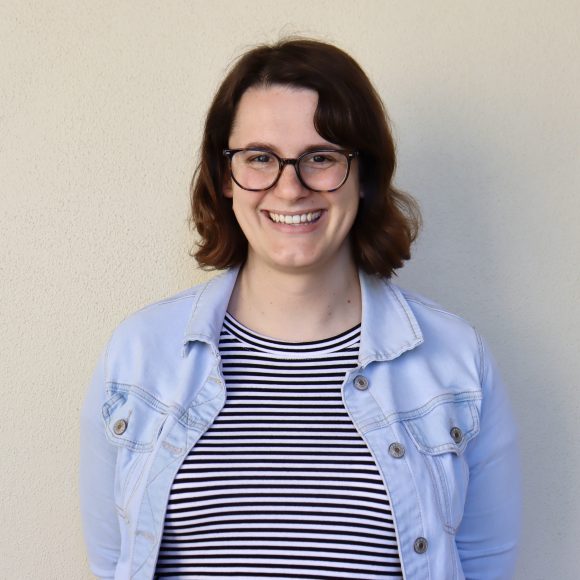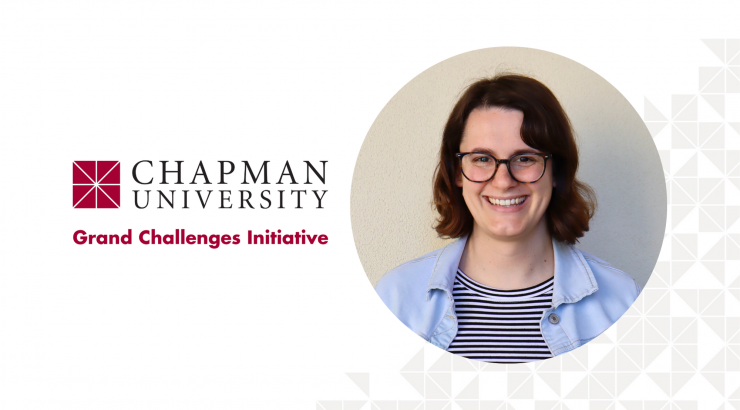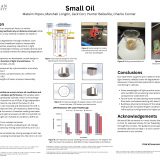Meet GCI Postdoctoral Fellow – Dr. Nicole Schwartz
November 20, 2024
Meet Nicole Schwartz, Ph.D., a Grand Challenges Initiative Postdoctoral Fellow at the Schmid College of Science and Technology!
Dr. Schwartz holds a Ph.D. in evolution, ecology, and organismal biology from the University of California, Riverside. She is an evolutionary physiologist who uses an interdisciplinary approach to study the evolution of complex behavior (e.g., exercise). Her research examines a broad range of topics, including biomechanics, energetics, and early-life effects. More recently, she has started to investigate other behaviors (e.g., parental care), and the role that hormones and the endocrine system may play in mediating integrated responses to behavioral selection. The goal of her work is to examine behavior as a collection of co-evolving sub-organismal traits, and the influence that genetic background, environmental factors, and their interaction, may have on organismal behavior.
_________________________________________________________________________________________________
 Q & A with Dr. Nicole Schwartz
Q & A with Dr. Nicole Schwartz
What is your current area of research – and why are you passionate about it?
Currently, I am researching the role urocortin-3 (a neuropeptide) may have in the development of parental care behavior in Japanese quail (Coturnix japonica). Across my studies, I have become more and more interested in the role that hormones may play in the evolution of complex animal behaviors (e.g., exercise, parental care). Part of these interests have also stemmed from my personal experiences as a transgender woman, where I have had first-hand experience with the profound and complex changes that hormones can have on a body. Through my research, I aim to address two important questions: (1) what are the underlying factors influencing individual differences in animal behavior and (2) how have these underlying factors contributed to the evolution of complex and integrative behaviors?
What is the best advice you’ve received in your science career?
Science is much more about small incremental steps, and an abundance of resilience, than flashes of brilliance.
What are you most looking forward to about GCI?
I have loved working with students on their Grand Challenges projects. Each one of them is so different, and students come up with some really interesting ideas!
What would you be doing if you weren’t a scientist?
I’m honestly not sure anymore. During my undergraduate degree, I wasn’t always 100% sure of what I wanted to do. But ever since I started working on research and teaching, being a scientist is one of the only things I can imagine myself doing. This is such an incredible and unique job; nothing else quite like it.
How do you like your coffee?
I love a good mocha or latte!


